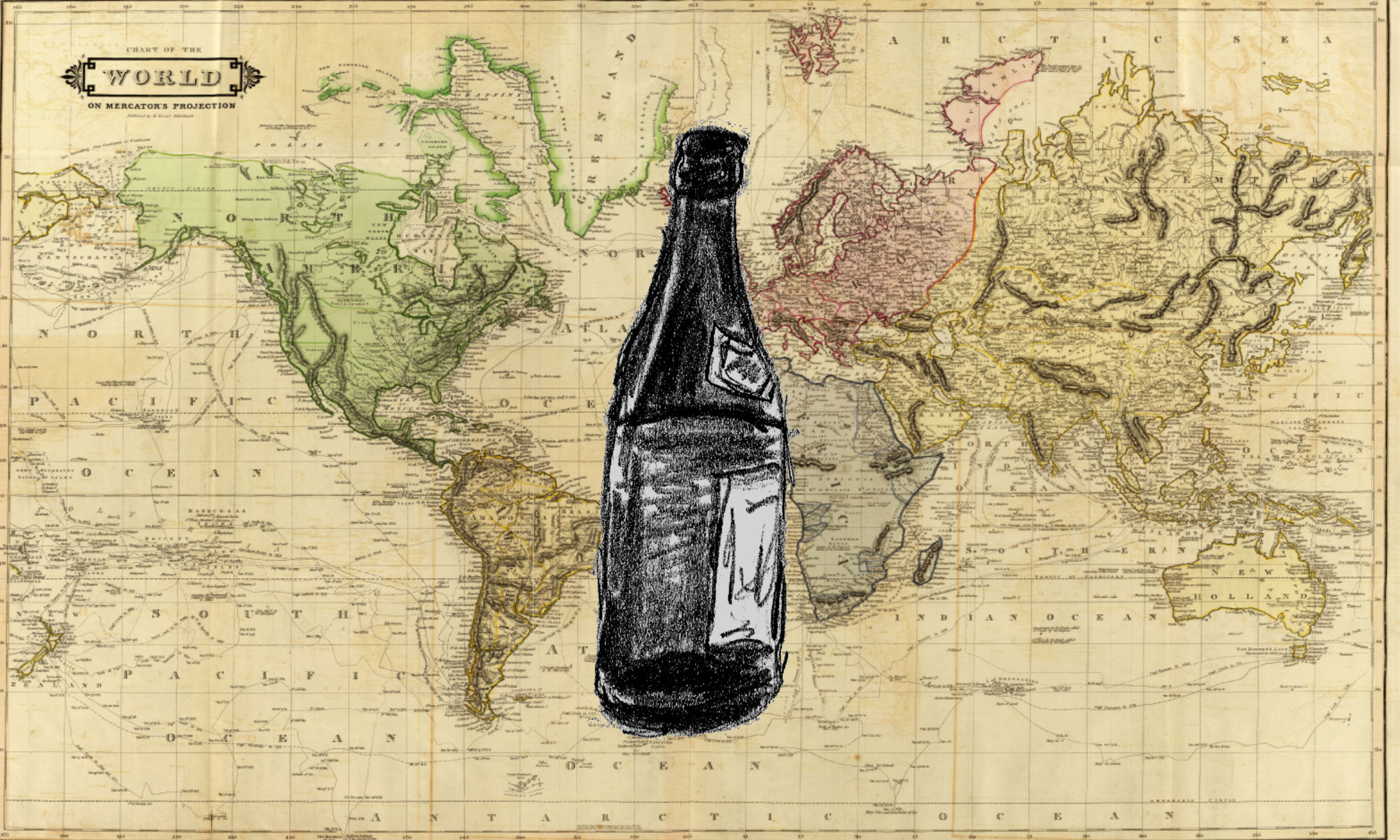
The verdant island of Penang, just barely off the coast of Malaysia, is hot and humid during the days, and barely cools down at night. Locals started brewing a drink they call “Tuak” (pronounced “twock” but also called “Toddy”) so long ago that nobody seems to remember where it started or how. I’m sure this could be found out, but neither I nor anyone I chatted with had enough energy in the heat to dig deeper.
It is brewed by fermenting the sap and/or flower from the coconut palm, with yeast and sugar, but only for a very short time. Generally they only let it ferment for about 1 day, which results in a drink with about the same alcohol content as a kombucha, about 0.5% or so. It is technically a palm wine and if brewed for longer periods, sometimes up to a week, it can get much more potent.

It gets bottled into whatever is around, which is most often used plastic water bottles. Above you can see my new friend Tiger pouring ours into plastic cups. Tuak houses (“Kedai Tuak”) are scattered around all the neighborhoods in Penang and the people who brew and serve it charge little to nothing for cups of the stuff. It’s viewed as a social service to bring the neighborhood together, so often it happens in a garage or front yard under some kind of merciful shade.
The taste is a bit sweet, alcohol strength depends on brewing time, and only mildly like coconut. It’s not refrigerated, so it’s not cold, and yet it feels like such a relief from the heat. I can’t put my finger on why it is refreshing or cooling, but somehow it pulls it off. The personality of this humble brew is deeply lethargic, friendly, and open-hearted. While drinking this with locals I found myself regularly engrossed in conversations about historical local war crimes, religious conflicts, and things you would expect to raise tempers, but voices stayed friendly and different faiths coexisted with tolerance and even friendship. If we could make this palm wine into a person it would make an incredibly leader of the U.N. Its magical capacity to cool down the overheated, as well as diffuse conflict and keep conversations civil, would make it a powerful and effective global leader. But for now it can only be enjoyed in a humble plastic tumbler.


